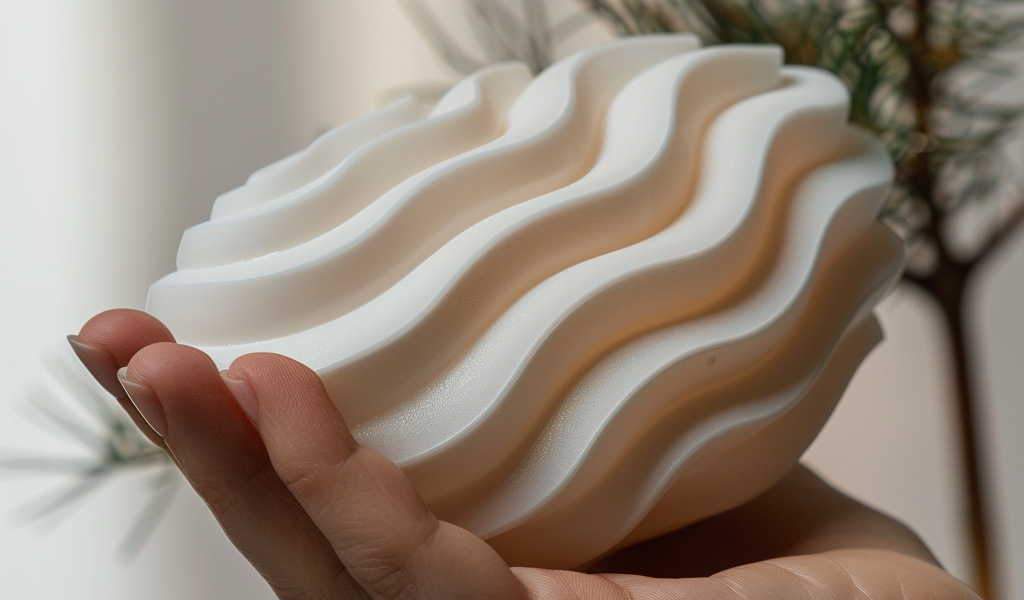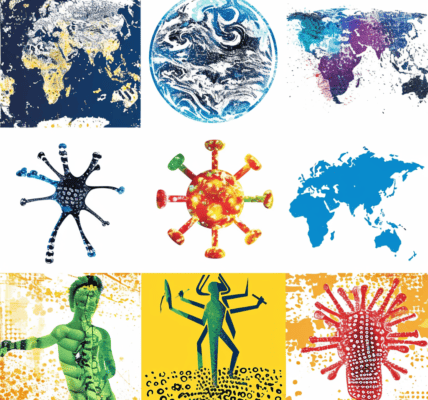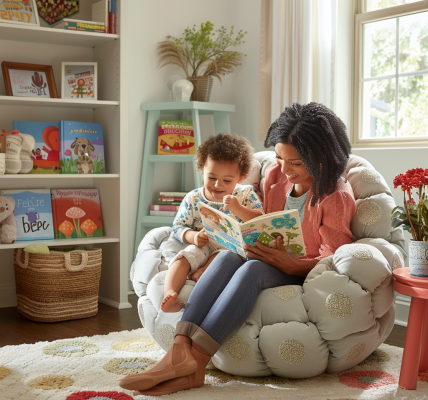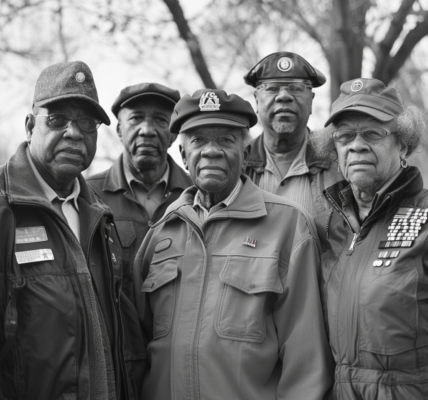Good vibrations may hold the key to calming social anxiety, according to a recent study conducted by researchers at the University of Glasgow. The study found that uniquely-shaped handheld objects, designed to pulse and vibrate in patterns reminiscent of calming sensations such as purring cats or raindrops, could help reduce stress and calm social anxiety.
The research involved 29 participants who were asked to engage in an anxiety-inducing activity. The participants were provided with the handheld ‘comfort’ objects to test their effectiveness in offering emotional support during the anxiety-inducing presentation.
The results of the study indicated that the uniquely-shaped handheld objects, vibrating in ways that evoke personal emotional resonance, may help reduce the intensity of feelings of anxiety in social situations. This finding builds on previous research into the potential benefits of tactile feedback technology for regulating emotional distress.
Dr. Shaun Macdonald, from the University of Glasgow’s School of Computing Science, led the research and emphasized the potential impact of the findings. He highlighted that social anxiety disorder can be a debilitating experience for a significant portion of the population, affecting their ability to function in everyday situations and diminishing their quality of life. Traditional methods of reducing anxiety, such as listening to calming music or meditating, may not always be practical in social settings.
The study’s findings open the door to the development of discreet devices designed to aid individuals in anxiety-inducing social situations. Dr. Macdonald explained that the concept of using handheld, silently-vibrating devices to reduce stress levels during social interactions, without drawing attention, was inspired by research suggesting that vibrations can help regulate physiological responses to stress and induce calm by evoking emotional memories of the natural world.
The researchers have detailed their collaborative process with volunteers to develop the prototypes in a paper published in the journal ACM Transactions on Human-Computer Interaction. The potential implications of this research are significant, offering a new avenue for supporting individuals dealing with social anxiety.





